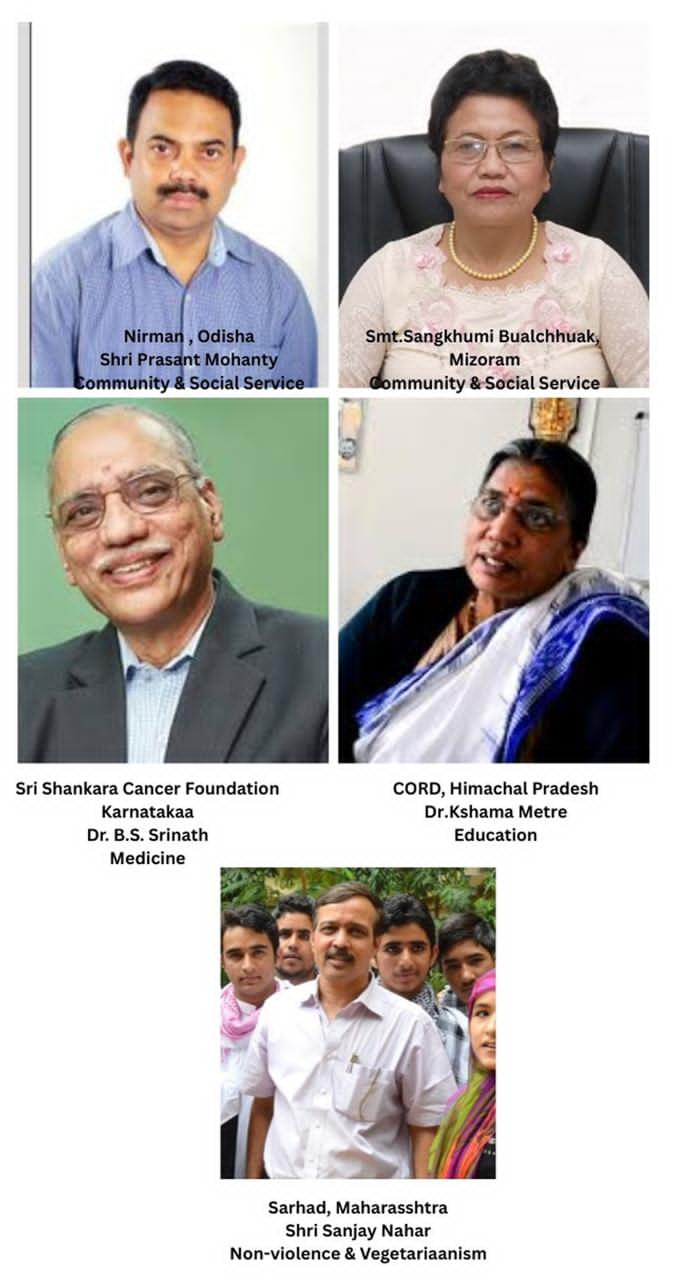Life is a complex and multifaceted concept that can be understood in various ways depending on perspective, culture, and personal beliefs. Here are a few ways to approach this question:
- Biological Definition: From a biological standpoint, life is a characteristic that distinguishes physical entities with biological processes (such as growth, reproduction, and metabolism) from non-living matter. Living organisms are capable of responding to stimuli, maintaining homeostasis, and adapting to their environment through evolution.
- Philosophical Perspective: Philosophers have long debated the meaning and purpose of life. Some view life as a journey of self-discovery and personal growth, while others see it as a quest for happiness, fulfillment, or spiritual enlightenment. Existentialist philosophers emphasize individual freedom and responsibility in defining one’s own life’s meaning.
- Cultural and Religious Views: Different cultures and religions offer unique perspectives on life. For example, some believe in an afterlife or reincarnation, while others focus on the importance of living a virtuous life according to specific teachings or commandments. These beliefs shape how individuals understand their existence and purpose.
- Subjective Experience: On a personal level, life can be seen as a series of experiences, emotions, relationships, and achievements. It encompasses moments of joy, sorrow, love, and loss, all of which contribute to an individual’s unique narrative.
Ultimately, the meaning of life is a deeply personal question that each person may answer differently based on their experiences, beliefs, and values. What does life mean to you?
A person’s life story often begins with their birth and ends with their death. These two events bookend the entirety of an individual’s existence.
Birth marks the start of a person’s journey, while death marks its conclusion. The story in between is filled with experiences, relationships, and memories that shape who they are.












Leave a Reply